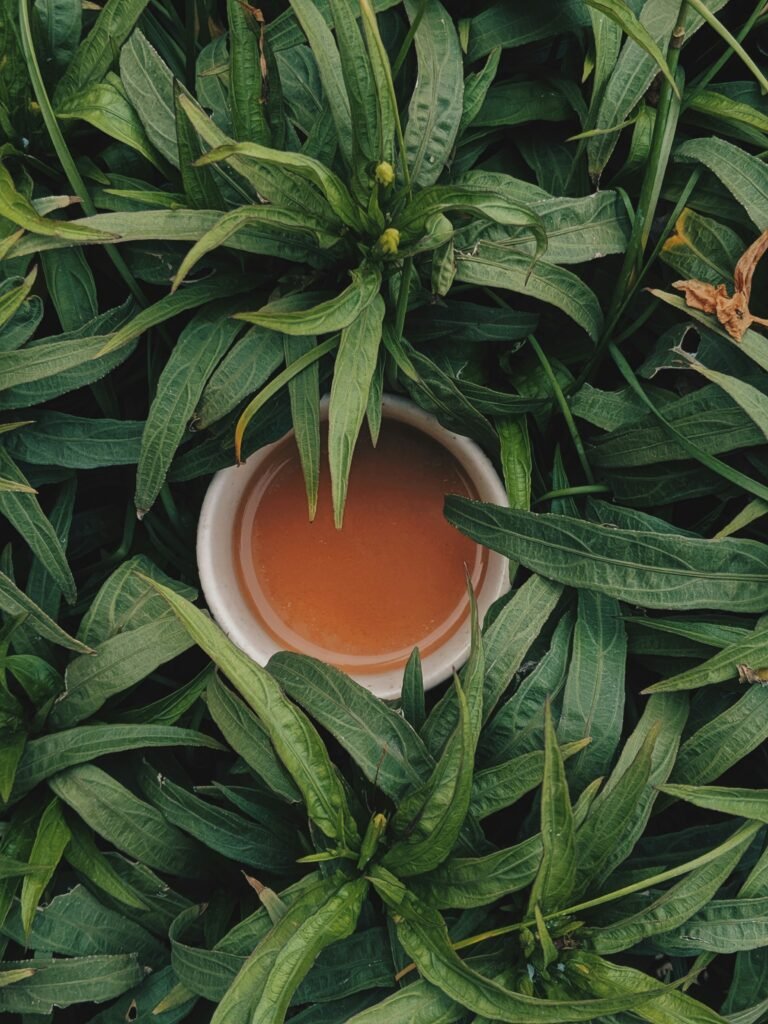
For a nation as deeply devoted to a good cuppa as the UK, the news of a potential tea shortage sent shivers down the spines of many. Supermarket shelves displaying signs of “supply issues affecting the nationwide supply of black tea” fueled anxieties. Images of empty tea bags and deserted biscuit tins danced in the minds of tea lovers across the country. But was this a genuine threat to the UK’s tea tradition, or a tempest in a teapot? Let’s delve deeper into the factors that triggered these concerns and explore the likelihood of a full-blown tea crisis.
The primary culprit behind the scare seems to be disruptions in shipping routes, particularly in the Red Sea. This vital waterway connects the Mediterranean Sea to the Indian Ocean, providing a crucial passage for cargo ships transporting goods between Europe and Asia. Attacks by Houthi militia on vessels traversing the Red Sea led to concerns about the safe passage of tea shipments from key producers like India and Kenya. These countries are the UK’s biggest suppliers of black tea, and any delays in their deliveries could potentially impact supermarket shelves.
Industry representatives, however, downplayed the severity of the situation. While acknowledging the ongoing disruptions in the Red Sea, they emphasized that stock levels were healthy and any impact on consumers would likely be minimal. The British Retail Consortium, which represents major supermarket chains, reassured the public that alternative shipping routes were being explored to ensure a steady flow of tea. Furthermore, stockpiling by retailers in anticipation of the festive season helped create a buffer against potential shortfalls.
The tea scare also triggered a broader conversation about the UK’s dependence on foreign tea imports. As the world’s fifth-largest tea importer, the UK relies heavily on Asian and East African countries to satisfy its national thirst. This dependence highlights the vulnerability of the tea supply chain to geopolitical tensions and disruptions in international trade. The incident served as a reminder of the interconnectedness of the global market and the potential impact of events far away on everyday essentials.
However, the recent scare also presented an opportunity to explore alternative solutions. The UK boasts a rich history of tea cultivation, dating back to the Victorian era. While domestic production is currently limited, a renewed focus on homegrown tea could offer a more sustainable and secure source in the long run. Investment in research and development of suitable tea strains and cultivation techniques could lead to a revitalized domestic tea industry, potentially reducing reliance on imports.
Looking beyond the immediate concerns, the tea scare serves as a springboard for a broader discussion about responsible sourcing and ethical trade practices. The UK, as a major tea consumer, has a responsibility to ensure fair treatment of tea farmers and workers in producing countries. Sustainable sourcing practices and ethical labor standards are essential for a robust and responsible tea supply chain.
The recent tea scare in the UK, while causing a temporary stir, appears to have been largely overblown. While disruptions in shipping routes remain a concern, industry experts and retailers seem confident in maintaining a steady supply of tea for consumers. However, the incident serves as a valuable reminder of the UK’s dependence on foreign imports and the importance of exploring alternative solutions like domestic tea production.
Furthermore, the tea scare highlights the need for responsible sourcing practices and ethical trade agreements to ensure a sustainable and fair tea supply chain for the future.
So, while a full-blown tea crisis seems unlikely, the recent scare serves as a wake-up call to ensure the UK’s love affair with a good cup of tea continues to brew for generations to come.








